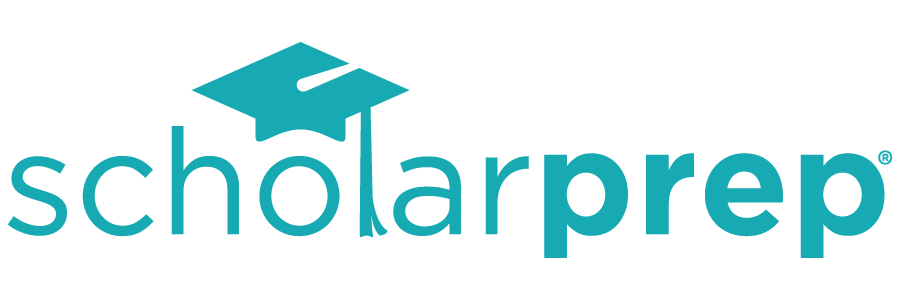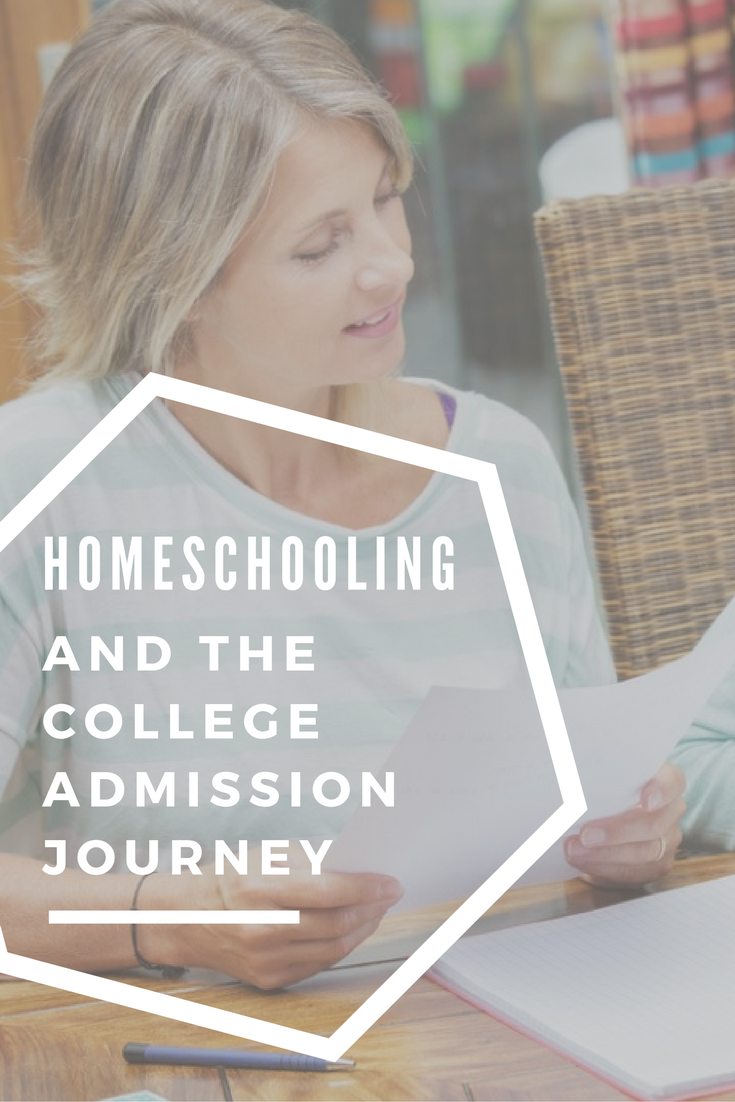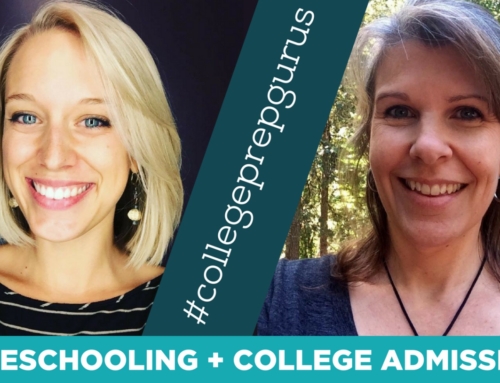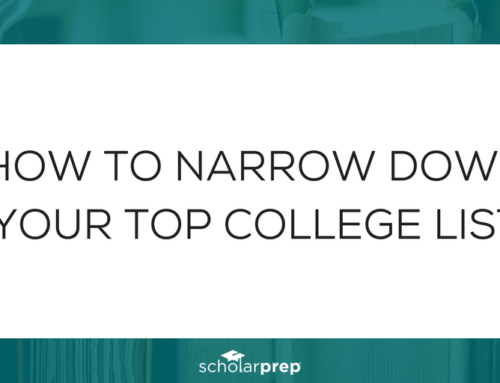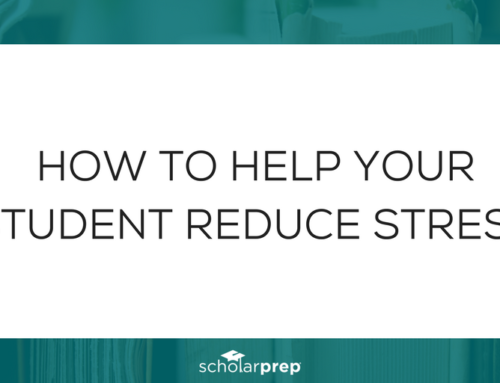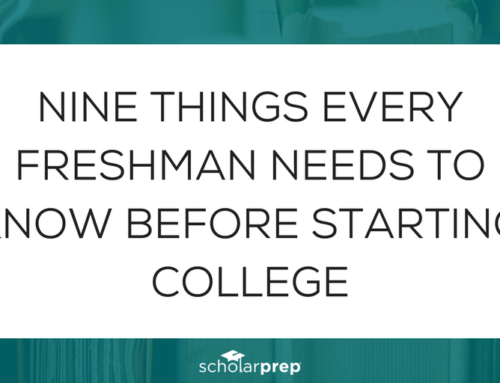This is a guest blog post written by our friends at Admitster. They work to help level the college admissions playing field by guiding students and parents through the complex world of college admissions, offering free online tools and affordable advising and tutoring services along the way.We encourage you to learn more about Admitster and check out the original post!
It was not so very long ago that I was standing in line at the grocery store, waiting to pay, when a headline on a nearby magazine caught my eye. It read: “Homeschool Got Me Into Harvard – Why The New Road To The Ivy League Just Might Lead Through Your Living Room.” Really! See?
Here’s the article. From it, we learn that the girl on the magazine’s cover is named Claire Dickson. She was homeschooled throughout her childhood and, you guessed it, is now a member of an elite university’s freshmen class (Cough! Harvard! Cough!). The article also informs us that about 2.2 million students in the United States are homeschooled (i.e. about 3.4% of the American student body), and that this number is steadily growing. Further:
“To find out what elite academic institutions think, I call Matt McGann, director of admissions at MIT. He’s entirely optimistic: “The homeschooled students in our population are a great addition to the MIT community. They are students who are more likely to have designed their own education curriculum, and they may be more independently motivated to learn,” he says. “I think as the nature of homeschooling has evolved, colleges are seeing more and more homeschooling applicants who are appropriate for this environment.””
Another recent article, this one from NBC News, states, “While the percentage of homeschooled applicants is still tiny, admissions officers say their applications often stand out.” Let us not forget “that uniqueness is kind of the hidden currency of college admissions“! Indeed, more and more colleges, on their admissions websites, have information aimed specifically at homeschooled teens, as they work to further diversify their student bodies. See, for instance:
- Amherst College
- Bennington College
- Bowdoin College
- Bryn Mawr College
- Bucknell University
- Caltech

- Colorado College
- Davidson College
- Dickinson College
- Duke University
- Emory University
- Goucher College
- Grinnell College
- Hampshire College
- Harvey Mudd College
- Hillsdale College
- Lewis & Clark College
- MIT
- New York University
- Oberlin College
- Princeton University
- Stanford University
- Swarthmore College
- Syracuse University
- Tulane University
- University of Pennsylvania
- University of Richmond
- Vanderbilt University
- Wheaton College
- William & Mary
- Yale
It is clear from these examples, and many more, that when homeschooled students apply to college they generally must comply with some additional requests, such as scores from SAT Subject Tests, a school-specific homeschooled information form (for instance, this one from Wheaton College), an additional application essay, and/or additional letters of reference. Admissions officers, of course, also expect to see applicants’ high school transcripts. Homeschooled students can meet this demand in different ways, for instance, in the manner suggested by Hillsdale College:
“Official high school transcripts come from a homeschool clearinghouse, guild, or association. If transcripts are unavailable, we encourage you to consider FastTranscripts.com, offered in concert with the Home School Legal Defense Association.”
Furthermore, as Amherst College points out on their admissions website, “The Common Application also provides students with the Home School Supplement to the Secondary School Report. Wehighly recommend that homeschooled candidates submit the Home School Supplement in addition to the Secondary School Report and other required forms in the Common Application.” Curious to learn more about the Home School Supplement, I reached out to The Common Application for more information. They responded, “Once the home school counselor is assigned and ‘home school’ is noted in their account, they will then be required to answer a supplement in the Secondary School Report that is to be submitted with their transcripts, testing, etc.” Nice!
Also of note:
- Admissions committees are oftentimes curious to learn more about why the decision was made to homeschool the prospective candidate – the college application essay can be a great opportunity to elaborate on these experiences!
- Colleges will likely ask prospective students who have been homeschooled for a guide to the curriculum that the student used. Some schools, such as Vanderbilt University, will provide homeschooled applicants the option of completing a curriculum summary, such as this one, which they helpfully provide.
- Some schools, such as Bowdoin College, will strongly recommend that the prospective student, as part of his/her application process, have an interview.
- Other schools, such as Bucknell University, “encourage home-schooled students to enroll in a college summer program during the summer before their senior year, or enroll in a college course junior or first semester senior year.” Be aware that some colleges ask for these types of experiences, and then plan accordingly!
All in all, colleges will consider applications from homeschooled students on a case-by-case basis, and different schools will have different requirements for these non-traditional applicants. As Dartmouth College states on their admissions website, “Dartmouth receives many applications from home school students, and our holistic review process means we consider each applicant within the context of their educational environment, community, and opportunities.”

